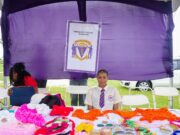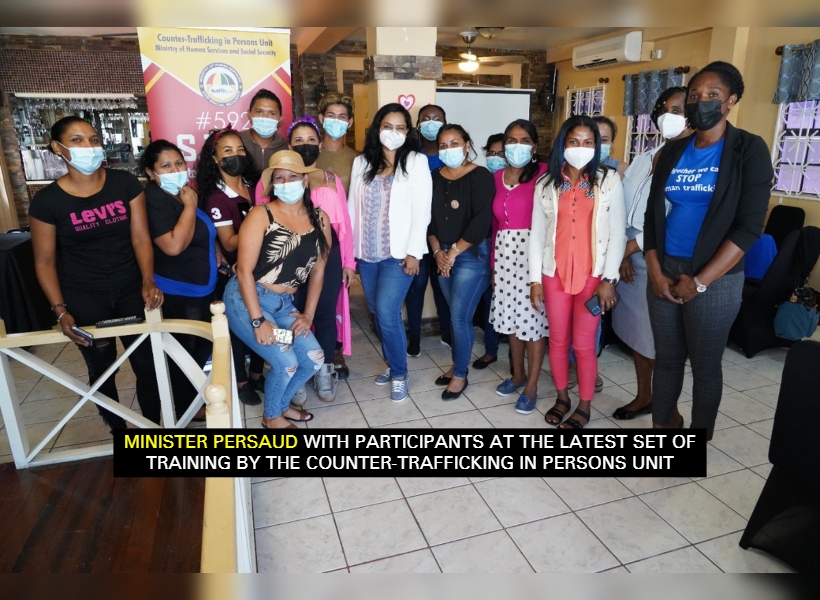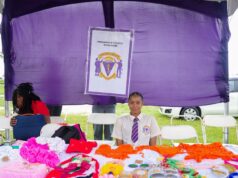“EACH one of you is in a good place to help change someone’s life. I’m here to support the process and the Counter-Trafficking in Persons department is doing intense work in this area,” Minister of Human Services and Social Security, Dr. Vindhya Persaud told a group of Venezuelan re-migrants lately.
They were the latest set of persons to be trained by the Ministry’s Counter-Trafficking in Persons (C-TIP) Unit, which has fanned out across the country to conduct training with key people who may come into direct contact with traffickers and their victims.
The Ministry has dedicated the month of July to C-TIP and has earlier this month launched the STOP592 campaign in Bartica, Region Seven (Cuyuni/Mazaruni). The latest training, held at Windjammer in Kitty, was conducted by Senior Probation and Social Services Officer Denise Ralph.
Minister Persaud paid a visit to the group of approximately 15 participants to offer words of encouragement to the participants who came from Regions One, Two, Three, Four, and Seven.
“Identifying the traffickers is the biggest problem but if they’re not stopped, more will join them. The only way to end this is to put these people behind bars; if they feel they can get off, they won’t stop. Let’s go out there stronger together. Trafficking in Persons is a heinous crime against people,” Minister Persaud urged. She then allowed for one-on-one interactions with some of the participants.
According to her, it was important for the re-migrants to be trained because when they come to the country they must understand our country’s policies, laws, and procedures. “The community engagement is the best. We’re trying different avenues of how we engage people,” she said.
Ralph said the training session would serve to empower the participants and would help them pass on their knowledge to their respective communities so that they can now act as focal points for the ministry in helping to curb the problem.
Meanwhile, Minister Persaud took the opportunity to speak on the Women’s Innovation and Investment Network (WIIN) programme and encouraged the participants to sign up for the programmes so that they could share their knowledge with persons escaping from traffickers.













